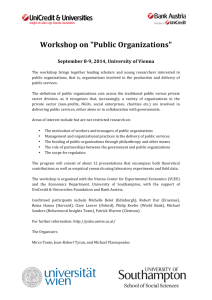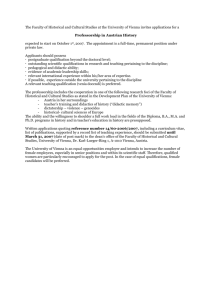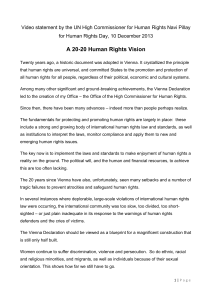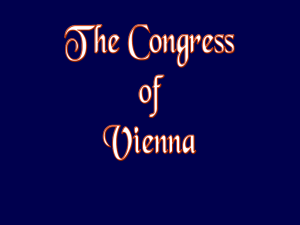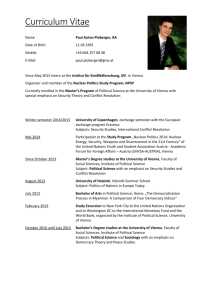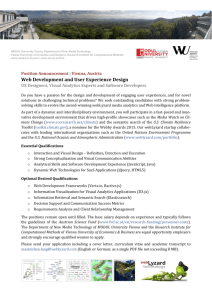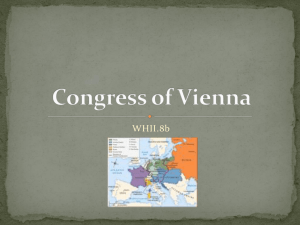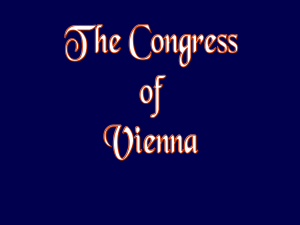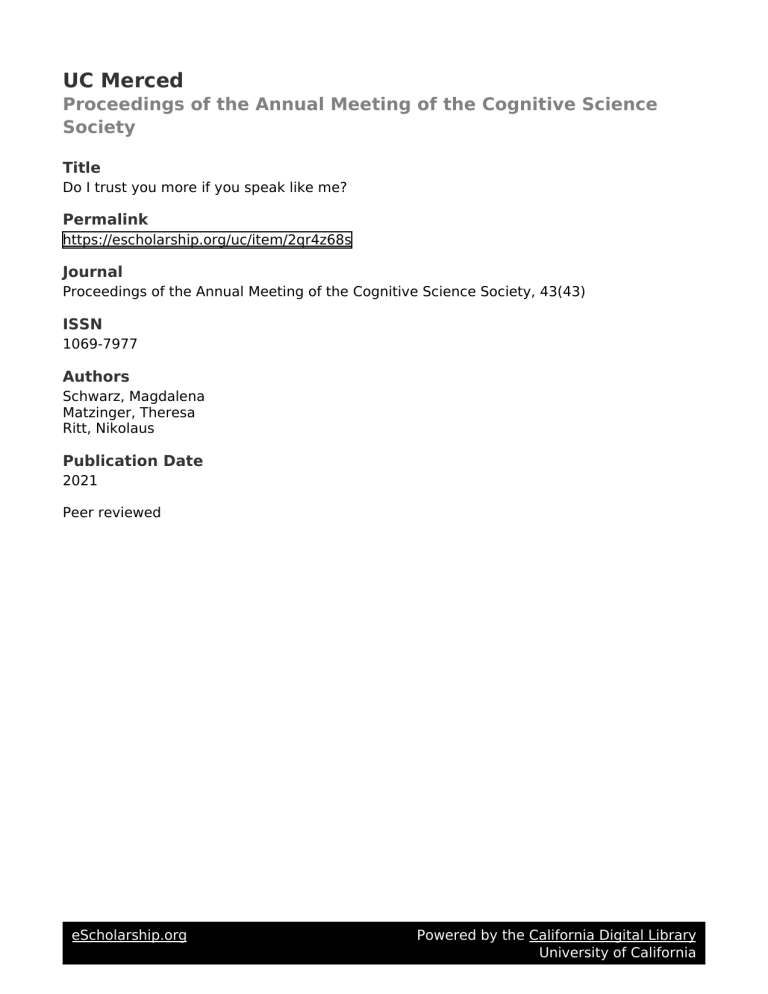
UC Merced Proceedings of the Annual Meeting of the Cognitive Science Society Title Do I trust you more if you speak like me? Permalink https://escholarship.org/uc/item/2qr4z68s Journal Proceedings of the Annual Meeting of the Cognitive Science Society, 43(43) ISSN 1069-7977 Authors Schwarz, Magdalena Matzinger, Theresa Ritt, Nikolaus Publication Date 2021 Peer reviewed eScholarship.org Powered by the California Digital Library University of California Do I trust you more if you speak like me? Magdalena Schwarz University of Vienna , Vienna, Austria Theresa Matzinger University of Vienna, Vienna, Austria Nikolaus Ritt Ritt University of Vienna, Vienna, Vienna, Austria Abstract We trust ingroups more than outgroups (Balliet et al. 2014, Psychological Bulletin), but to correctly identify group members we need reliable markers of group membership (Cohen 2012, Current Anthropology). Artificial language experiments show that linguistic tags can serve as such group markers (Roberts 2013, Language and Linguistics Compass). We now tested whether sharing a language also promotes trust, in comparison to other physical and cultural ingroup markers. We created an online alien game in which participants assumed the identity of an alien and played a simultaneous trust game (Berg et al. 1995, Games and Economic Behavior) with two other aliens exhibiting the ingroup versus outgroup marker types (artificial languages, body parts, costumes). GLM analyses showed that participants significantly entrusted aliens sharing their own social marker with more money, independently of marker type. Thus, a considerable number of people trusted those who spoke or looked like themselves more. 3472
